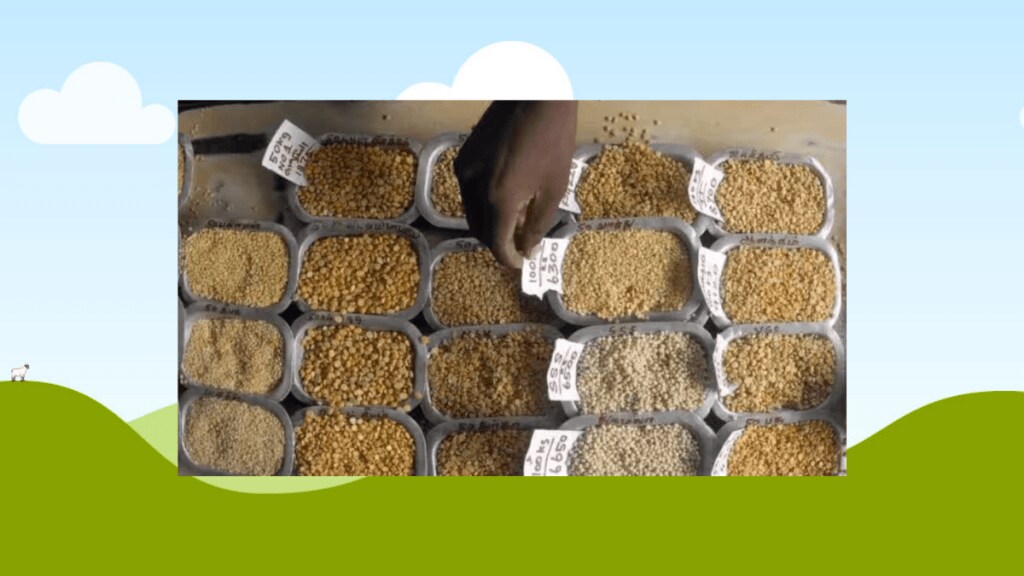To increase availability of pulses, the government is aiming to import around 0.15 million tonne (MT) of desi chana (bengal gram) immediately following the recent decision to remove import duty on the pulses variety.
Sources told FE that the country has so far imported 1.5 MT of yellow peas used as substitute for chana (gram) since import duty was abolished in December last year.
The government last week removed import duty on desi chana while extending import duty exemption on yellow peas till October, which is aimed to curb the spike in chana prices.
“The abolition of import duty on bengal gram last week is expected to give a signal to farmers in Australia and other countries for planting the pulses variety,” an official said.
Desi chana had attracted an import duty of 66%, a move aimed at encouraging domestic production. Yellow pea attracted a duty of 50% which was imposed in 2017.
Earlier, officials had stated that there is no major concern about chana output as the agriculture ministry has indicated that the crop yields have not come down even though total output is currently pegged lower at 12.1 MT for 2023-24 crop years (July-June) compared to 12.2 MT in the previous year.
However, trade sources estimated the output of key pulses variety much below the official estimates.
Trade sources said the market prices of chana (gram), a vital pulse variety which has share of close to 50% in the country’s output, are ruling in the range of Rs 6000/quintal – Rs 6100/quintal against the the MSP of Rs 5440/quintal for the 2024-25 season due to fear of decline in output.
With demand for chana rising from state governments for distribution through their welfare schemes, officials said there is a strain on the buffer now in terms of availability. Currently the farmers’ cooperative Nafed had pulses variety stock of around 0.6 MT below the buffer of 1 MT.
Given the gap between demand and supply, retail pulses inflation has been elevated for the last several months and was reported at 17.71% in March, 2024 while chana variety of pulses reported a price rise of 14.31%.
The department of consumer affairs also directed traders, importers, millers and stocks of pulses to declare the stocks of these items from April 15. Sources said that prices of pulses because of several measures initiated to improve supplies have softened. Officials said that with prospects of above normal monsoon rains, kharif pulses production prospects are expected to get a boost.

